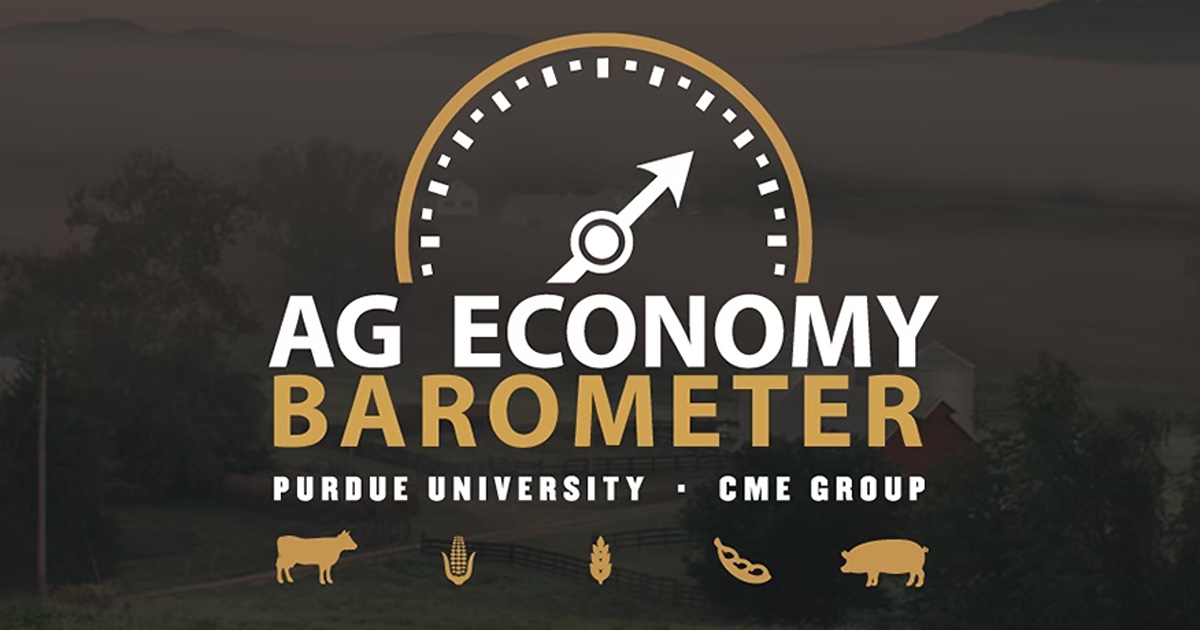Faculty Spotlight: Heather Neave
Heather Neave, PhD, is an Assistant Professor of Applied Ethology and Animal Welfare in the Purdue Animal Sciences Department, and she joined the department in January 2024.
Neave received her bachelor’s degree in biology and a minor in psychology in 2011 from the University of Victoria in British Columbia, Canada. In 2013, she completed her master’s and doctoral degrees in the animal welfare program at the University of British Columbia in Vancouver, Canada. She received her master’s in 2013 and her PhD in 2019.
Neave also conducted postdoctoral research. Her first postdoctoral research position was a collaboration with the animal welfare behavior group at Ag Research in New Zealand and DairyNZ. Here, she identified behavioral measures of positive welfare in pasture-based dairy cows to include in a welfare assessment program, and she held this position from 2019 to 2021. Her second postdoctoral research position was in the department of animal and veterinary sciences at the Aarhus University Tjele in Denmark. Here, she researched how to provide cow-calf contact for various durations after calving and potential benefits and challenges associated with the management system, and she held this position from 2021 to 2023.
Neave grew up in Kamloops, British Columbia, and she did not come from an agricultural background. Although she didn’t have much agriculture experience, she had a love for animals and wanted to be a veterinarian at a young age.
After several internship opportunities during her undergraduate career, Neave learned about other career opportunities to work with animals. First, she worked with a dairy nutritionist who conducted research at the University of British Columbia Dairy Education and Research Center, which is where she learned about their animal welfare program. Then, during her final year of undergraduate studies, she focused on marine biology. She spent her final two years as an undergraduate student in a remote research center on the ocean conducting research on crabs.
“From these undergrad experiences, I learned about research and loved it,” Neave said. “I learned about alternatives to veterinary school that meant I could improve animal lives without necessarily having to focus on medicine. So I combined these two and went to grad school focusing on animal behavior and welfare of dairy cattle.”
Neave’s current appointment in the department is research and teaching. Her research focuses on enhancing dairy cattle welfare by understanding their behavior and adapting management practices to meet their needs and foster positive emotional states. She advises three graduate students: one PhD student and two master’s students. She also has several undergraduate student assistants to help with conducting research. She will teach an animal behavior course in the 2025 spring semester.
“My graduate students are amazing, and I look forward to seeing their achievements through their grad studies!” Neave said.
Neave decided to pursue a career in animal sciences because of her passion for animals.
“I have a strong passion to work with animals, understand their behavior and apply this knowledge to improve their management to ultimately improve their welfare,” Neave said. “If my research in my lifetime can in any way improve the quality of life for farm animals then I have a great achievement.”
Neave’s love of research is not the only thing she loves about academia. She said one of her other passions is mentoring and inspiring students. She does this by fostering an environment where students can be curious and follow their interests.
“I give students space to think creatively and follow their interests, which often develops from being in the barn, seeing how the animals behave and generating new research questions,” Neave said. “I make sure to take time to mentor each student personally, identifying their strengths and helping them see how they can make meaningful contributions to the field that aligns with their own passions. My research is often quite interdisciplinary, so I introduce students to perspectives from psychology, behavior, biology, data science etc., which broadens their understanding of animal welfare.”
Through her pursuit to inspire, mentor and engage students, Neave has found that students actually inspire her.
“The students inspire me with their creativity and dedication, with new research ideas and new methodologies,” Neave explained. “This gets me very excited to explore new realms in the field of animal emotion. Seeing students collaborate together to execute a project and brainstorm new ideas really inspires me to foster a team-based research group and ensure one that is inclusive. Very often, their curiosity leads to new insights that I may not have considered.”
Neave also shared advice for anyone pursuing a career in academia.
“Get involved with research early. Often, this will lead to publications and having this before graduating with your bachelor degree is a huge advantage for entering graduate school. I also suggest reaching out to professors outside your university to explore opportunities in other institutions,” Neave explained. “You learn a lot by leaving the place where you are comfortable! It can be scary, but very rewarding. Your network will be the biggest key to obtaining a graduate school position, as well as postdoc and ultimately professorship positions. Work on a variety of research projects and if possible, a variety of species. This shows your breadth of knowledge, skills and ability to challenge yourself.”






